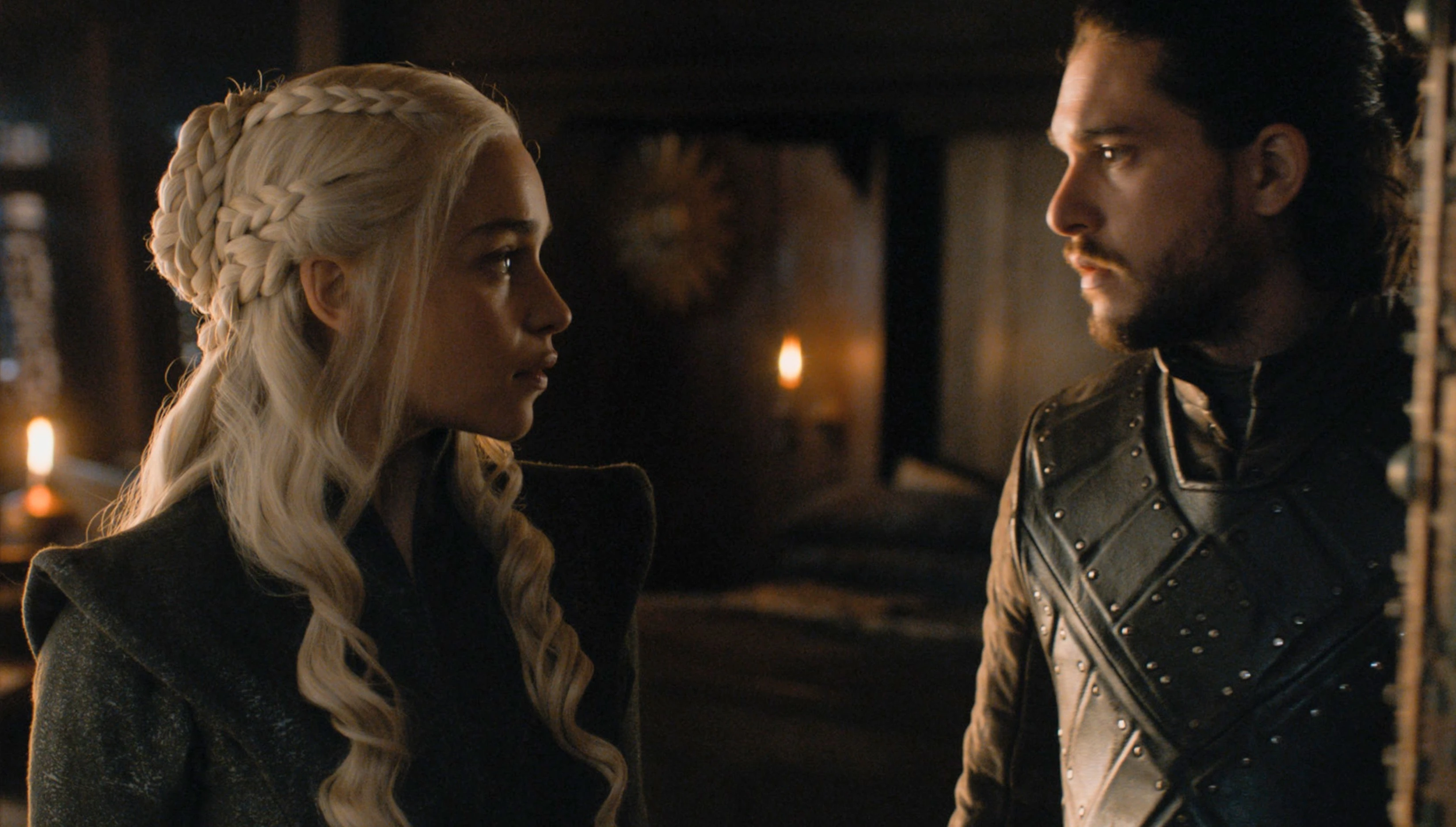By Jake Mannino
The Season 11 Episode 3 of Frasier “The Doctor is Out” starts at Cafe Nervosa with Frasier, his brother Niles and his dad Martin. After running into Alistar a gay celebrity, they meet Roz who introduces her new boyfriend Barry to them. Because of the combination of how Barry then speaks, gestures, his tight clothes, his job as a women’s wear clothing expert, and his timing spent at the gym bodybuilding, calling it his “church”, Frasier makes snide remarks with Niles about how he thinks Barry is clearly a closeted gay man.
Even though Barry demonstrates these campy markers & stereotypical traits that would normally support the assumption Frasier makes of Barry’s sexuality which relates to how media has historically coded in the implication of a character’s homosexuality with these types of campy & stereotypical traits. Frasier & Niles both misinterpret & condescendingly joke about their false judgement of Barry’s sexuality. Yet more ironically, while Barry fits certain stereotypes & markers of being gay, so do Frasier & Niles, if not even more so than Barry does.

This leads me to point out the subtext of the episode that intertwines both structuralism & realism to explore the ramifications of assuming, fixating on & denying one’s sexuality, especially in order to assuage the dissonance & insecurity cultivated by a mindset of heterocentrism in a person who overtly diverges from gender norms as Frasier, Niles, and Barry do.
Looking more through a lens of psychological realism, this episode specifically plays out Frasier’s insecurity over his own masculinity. Frasier’s lack of traditional “manliness” challenges the heterocentric culture in which he was raised. Frasier’s insecurity about his lack of conventional masculinity interconnects with his lack of satisfaction & successful romance in his 40’s, and is then projected onto Barry and his budding relationship with Roz. Because Frasier & Barry both share these divergent expressions of gender that are often misconstrued as indicating homosexuality & coding queerness, this episode illustrates the dynamic that arises out of this heteronormative projection, misjudgment & stereotyping of queerness & gender expression.
As Frasier Niles project with their jeering reactions to Barry, Martin, Frasier’s dad, remains oblivious to this because Martin isn’t insecure enough about himself to notice Barry’s falsely marked queerness. Martin even says Barry wasn’t gay because he had muscles, to which then Niles makes fun of him in replying “yes and he didn’t have a poodle either.” So even though Frasier & Niles are falsely stereotyping Barry out of the projections of their own insecurities, they still hypocritically criticize their dad Martin for his stereotyping of gay men. Martin’s remark was arguably a more innocent and harmless stereotyping of all gays rather of Barry, revealing both Martin’s age & general ignorance about the diversity of gay men & rather any hidden insecurity like with Frasier’s stereotyping & judgement of Barry.

Instant karma seems to be a theme with this show, so after the initial cafe scene, Frasier & Niles decide to investigate Barry & follow him around. Barry turns out to be straight but their nosiness about Barry’s sexuality leads Frasier & Niles to stumble into a gay bar that Barry didn’t even go into. At this bar, the gay men joke about Frasier being gay & “looking for a man” which they could tell by his tight over-bleached shorts. Frasier then also runs into his furniture polisher Eduardo bartending the gay bar. This all gets back to the callers on his radio show the next day asking him about his visit to Bad Billy’s, and Frasier fails to convince these callers that he isn’t gay, which leads to Alistar trying to date him after being misled into thinking that Frasier’s gay.
Frasier’s heteronormative assumptions, fixations, & insecurities get reflected back onto him in being picked up and romantically pursued by Alistar, a famous director who happens to be gay. Frasier doesn’t realize this at first and then repeatedly denies that Alistar is courting him romantically & keeps telling himself & his family that Alistar just wants to be friends.

Alistar is a famous gay person in a position of high status and power in a field that Frasier & Niles respect, so Frasier & Niles pretty much worship him. The show also offers an implication of it getting better for gays by displaying the fame, success & respect of Alistar without relying on a post-queer world that completely ignores sexual discrimination & the stereotyping that equates gays and effeminate men that don’t fit conventional gender norms. This is a tricky balance to achieve as a prime-time comedy but Frasier does it effectively without taking away from the show’s humor.
Frasier treats Alistar much differently than Barry from the first minute of the episode to the last ones, by barely considering Alistar’s sexuality and being far too distracted & smitten by his fame, money & power. This total disconnect & ignorance brings about a misrepresented relationship between Frasier & Alistar where they are both on completely separate pages about each other’s intentions. Alistar assumes Frasier’s gay because he excessively marked himself as such though unintentionally, on his radio show. He & Niles poorly stalked Roz’s boyfriend, who they thought was gay & jeered at what they thought was his sham of a relationship with Roz, and the situation now is flipped onto Frasier. This series of events converts the original heterocentric insecurity Frasier projects out of his lack of conventional masculinity into Frasier hiding the fact he isn’t gay from Alistar because he not only wants to avoid admitting to Alistar that he’s straight & lose out on Alistar’s fame & luxury, but also because he wants to deny to himself the reality that Alistar assumes he is gay & is intending on sleeping with him.























